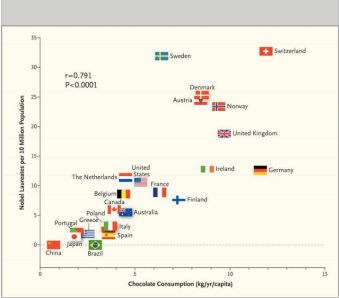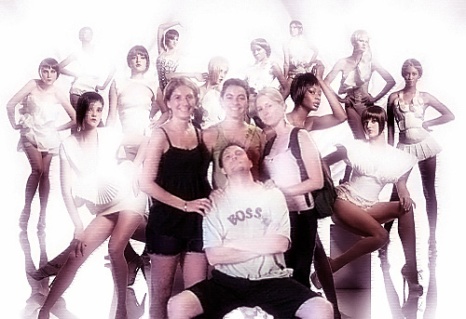Have you ever had this feeling, that everyone in the lab is much better than you, and that they just haven’t yet realised how inadequate you are? That they perhaps are sincere when they seem to appraise you, but truly, that’s because they don’t know. Because you are better suited than anyone else to evaluate your own intelligence, skills and qualities, and frankly, you know that you understand less and know less than almost anyone here. And you dread the day they find out you’re a fraud, while feeling guilty to have so much undeserved trust put in you. Have you?
Be reassured, it’s not only you. It’s not even only undergrads. I’ve had this feeling (and sometimes still have). Many of us established scientists have. Even some great scientists have, I’m told. In fact, it’s so common, it even has a name:
The Impostor Syndrome.
It’s quite natural, and it can be fought. And it’s important to fight it, as a lack of confidence can be very detrimental for your carrier. A nice compilation of posts on the topic is here.
So stop feeling guilty, stop feeling stupid, ignorant and unskilled, start building confidence on any little achievement you can. It may take a very, very long while to one day suspect that, if everyone is convinced you are not that bad, and that you do seem to succeed, then maybe you’re not that much of an impostor after all (or at least you’re not the only one). Meanwhile, focus on your real, proven limitations and work on them.
Now, I write this assuming that you are very bright and skilled – all my readers are of course – but perhaps you are actually an exception, and a true impostor. You probably are better suited to know…
































